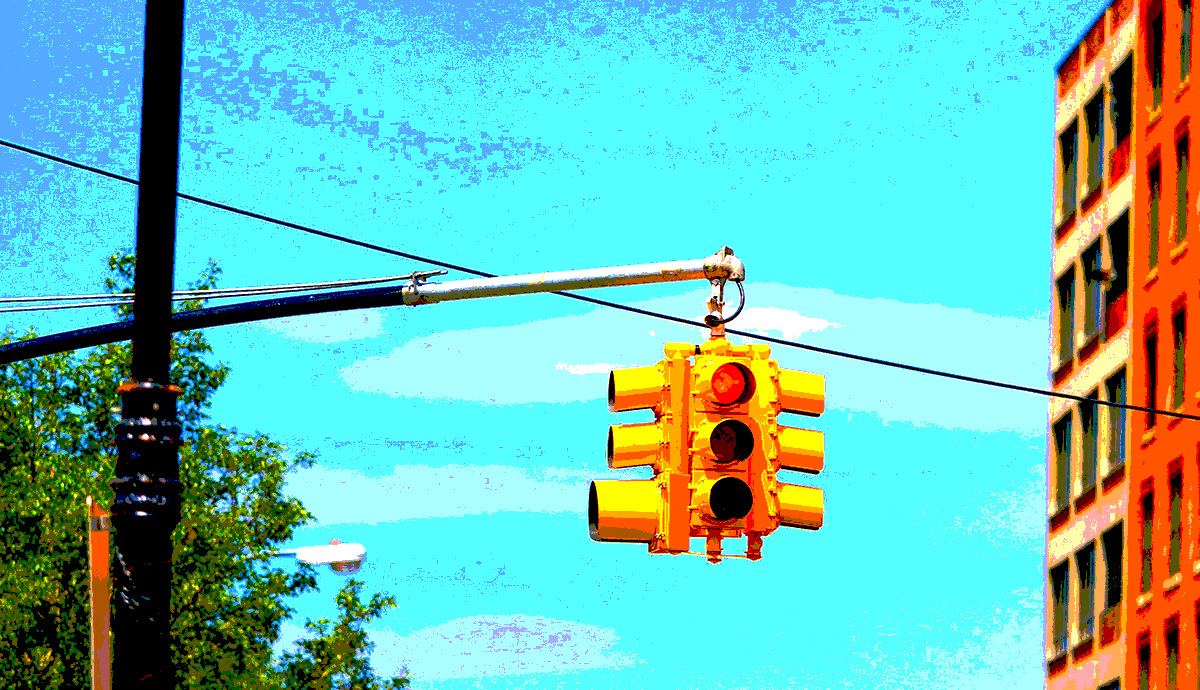Before the pandemic, Mormon missionaries regularly traveled through our neighborhood. As everywhere, the missionaries were usually very young men dressed in white shirts and black pants and carrying black backpacks. One afternoon two missionaries knocked on our door. My daughter, then a young teenager, told the boy that it wasn’t a good time. The boy looked pointedly at his watch and said, “What time is it?” A couple of years later, as I waited for the light on Lexington Avenue, a pair of missionaries rode mountain bikes down the sidewalk. The boys looked so earnest, tidy, and healthy. I thought, wouldn’t it be interesting if the missionaries knocked on the door of a woman who was a little bit drunk? The light changed.
Someone recently asked me if the story is nonfiction. It is not, though we did get a border collie-mix puppy around the time I started the story. An impulsive decision. Our dog Bogie had died two years before. We’d been mulling the idea of another dog and saw the puppy’s photo on a rescue site. He was beautiful, white and black, with an over-sized head, and an appearance of gravitas. Within a day or two he was being shipped up from Memphis. The puppy had been fostered by a woman named Stormy who had seven other dogs. I didn’t fully register the implications of him being a border collie until he arrived, and we saw him in action. He was a maniac. He stole food off the table and counters, chewed up glasses, ripped the keyboard off the desk, and needed to play for hours. My arms were covered to the elbows with bruises and bite marks. In my desperation, I finally began to write the story of the drunken woman who lets two Mormon teenagers into her house. It seemed she had a dog, a border collie puppy.
What a writer wrestles with in their soul, they struggle with in stories. I have an unfortunate tendency for glibness, a predilection for hiding behind a glossy shellac of words. In the first couple of drafts, Bella was merely ridiculous. I had to slow down. I had to quietly watch her and wait and ask questions. Why was she lonely? Whom did she long for? What were her days like? Why does she drink so much? Why did she get the damn dog? Glen Campbell had recently died, and there was the usual post-celebrity-death media blitz. I’d no interest in Glen Campbell, except so far as that he had early-onset Alzheimer’s, as does my friend. But Bella loved his music and his sad tale. Slowly, Bella shook off my glibness and inhabited her story. In the effort to make Bella real, I became more human myself.
It’s a hard world and people long to escape it. Drinkers dream over their beers. People dream about dogs, those legendary faithful companions. A story is a dream you begin to concoct as you wait for the light to change in the hard flat afternoon sun. Possibility glimmers in fragments. The writer weaves together flashes, glimmers and broken bits and hopes to make something whole.
After a year and a half of mutual effort, the puppy turned into a wonderful dog.
Read “The Restoration” in the Summer/Fall 2020 Issue



